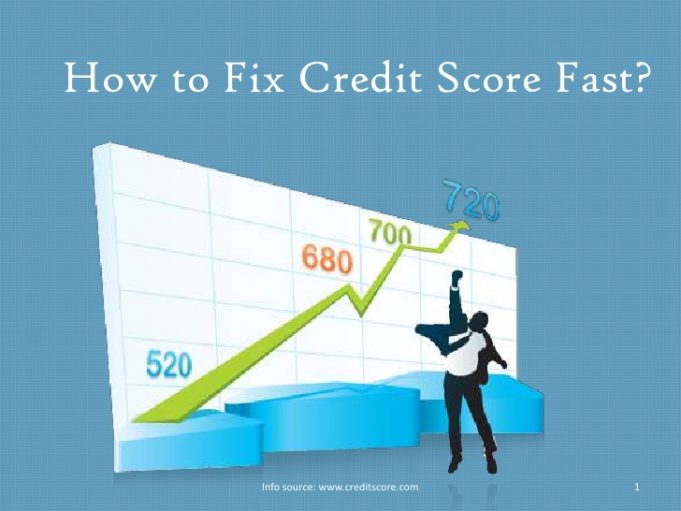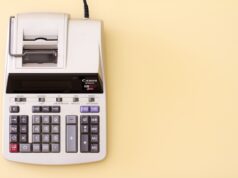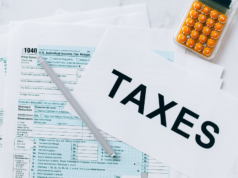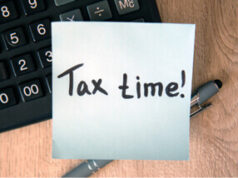A bad credit score will impact on the ability to raise funds, get a mortgage, get credit cards, finance an auto purchase and so on. A bad credit score will indicate to lenders that a person may not pay bills on time, does not keep up with repayments and will let lenders know how much is owed by the individual concerned. It will impact on rates i.e., the higher a person’s credit score, the lower the interest rate will be and can even affect how much will be paid on insurance.
How does a Credit Score Work?
A good credit score is considered to be between 680 and 720. The median credit score in the US is 723. Anyone who has a score above 750 is considered to have a very good credit score and will be offered the best rates. A credit score below 620 is considered high risk.
How to Repair a Bad Credit Score
There are agencies and services that promise to fix a bad credit score, this is an option for those who feel they cannot manage the problem themselves as it can be time consuming and expensive process. Be very careful of fraudulent or shady credit repair organizations. Everything that a credit repair organization can do legally, can also be done by the individual himself, at no cost. In addition:
Pay off bills as quickly as possible, smallest ones first, then move on to paying off larger ones. Avoid taking on extra debt.
The older the credit history, the better. Use older cards and keep them active.
Check limits: Scores might be artificially depressed if the lender is showing a lower limit than the actual number. Most credit-card issuers will quickly update this information if you ask.
The number of credit card accounts to have in order to maximize a score is between three and five (although having more will not significantly damage a credit score rating). If a credit card owner has more than six cards, it may be wise to close the newest accounts.
Communicate with Lenders: Be proactive in calling lenders and working out a payment plan. Once the debt is turned over to a debt collection agency, the damage is done.
Credit is a valuable tool if used correctly. Actions can directly affect an individual’s credit score. Be careful not to let credit missteps prevent one from having a maximum credit score. If an individual has slipped into arrears, he or she should take action to rectify the situation immediately.














![Otto Insurance Review [2024]: Does It Actually Offer Insurance? otto insurance](https://www.techpreview.org/wp-content/uploads/2024/04/otto-insurance-reviews-1-64d5cc741e012-238x178.webp)




